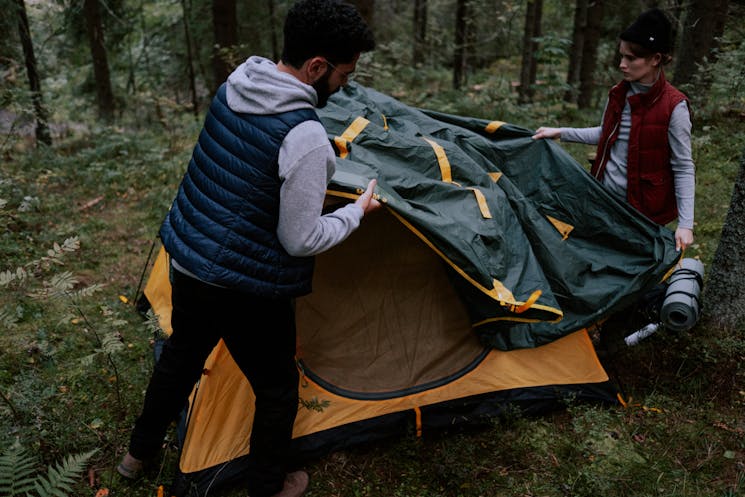Understanding the Emotional Needs of Seniors

Cold days and short hours of daylight make winter a tougher time for older adults. When seniors feel alone, quiet, or stuck indoors, their emotional well-being matters just as much as their physical health. How can we truly understand what an older person feels when winter arrives?
We can listen to them, share their stories, and offer comforting activities. In this post, we’ll look at what seniors need emotionally during the chilly months. Then we’ll explore ways to help them feel safe, connected, and valued through this season.
The Need for Connection and Belonging
As winter sets in, many seniors find themselves spending more time indoors and less time with friends or family. That isolation can bring sadness, worry, or even fear of being left out. It’s important to help older people feel they belong and are still part of something meaningful.
Regular visits, small group chats, or joining a club can keep their spirits up. A sense of belonging reminds them they matter and keeps their heart warm during the cold days ahead.
The Need for Purpose and Engagement
Having a reason to wake up and look forward to something helps seniors feel alive and active-even when the weather is harsh. The purpose might be a hobby, helping someone, or learning something new.
Engaging in simple tasks like setting a table, tending to a plant, or sharing a story gives older adults a sense of value and achievement. When seniors stay engaged, they feel useful and optimistic, instead of passive and overlooked.
The Need for Light, Movement, and Mood Care
Short days and less sunlight can trigger low moods in older adults. That’s why strategies like getting outside when possible, keeping spaces bright, and moving around matter.
These actions form an important part of winter mood support for seniors. Even gentle indoor exercises or a walk by a window help lift energy and brighten the mind. Providing tools to manage mood makes the long nights less heavy and the days more hopeful.
The Need for Safety, Warmth, and Comfort
Winter brings more than cold air -it brings slippery sidewalks, chilly rooms, and a higher risk of falls or illness. Seniors thus need both physical and emotional safety. Ensuring warm clothing, clear walkways, and cozy spaces helps them feel secure.
When safeguards are in place, they can relax and enjoy the season rather than worry. Comfort should be offered not just through blankets but through genuine care and attention to their well-being.
The Need for Reassurance and Emotional Support
As we age, worries about health, loneliness, or loss often grow. In winter, those worries can seem larger. Seniors need reassurance that they are not alone or forgotten. Simple gestures like a phone call, heartfelt note, or shared tea matter hugely.
Emotional support shows them that someone sees, hears, and cares. Providing that kind of steady support helps older adults face the darker months with confidence and peace.
Bringing Warmth to Winter Hearts
Seniors need more than heaters and blankets to stay well in winter-they need understanding, patience, and love. Meeting their emotional needs helps them feel safe and valued, even when the world outside feels cold.
Families and caregivers can make a difference with small, caring actions every day. By offering time, conversation, and kindness, we help seniors feel connected. Together, we can turn winter from a lonely season into one filled with warmth and hope.





















